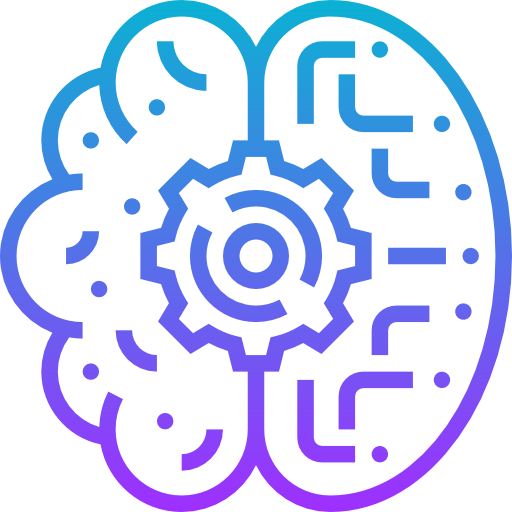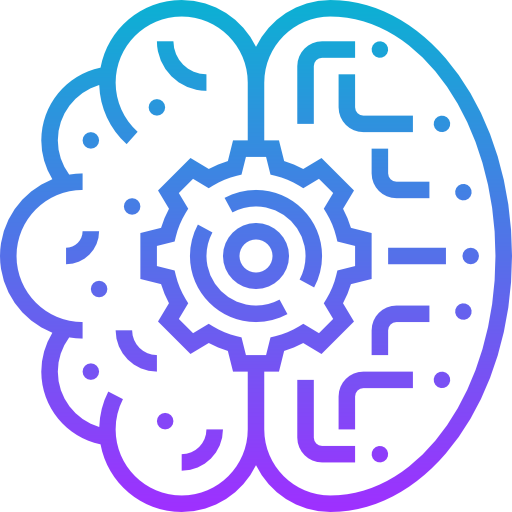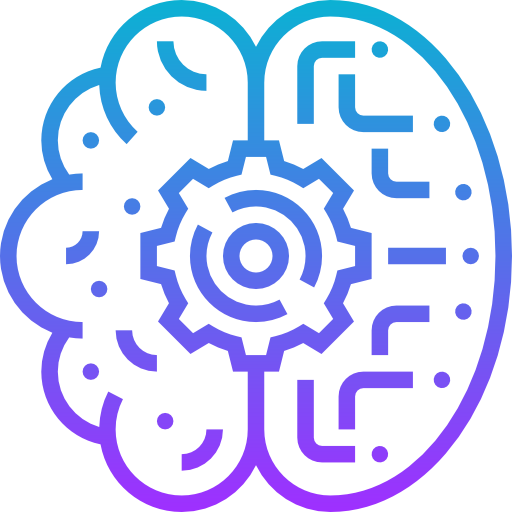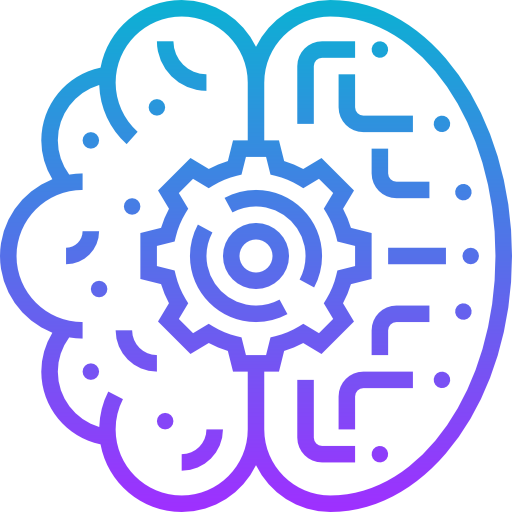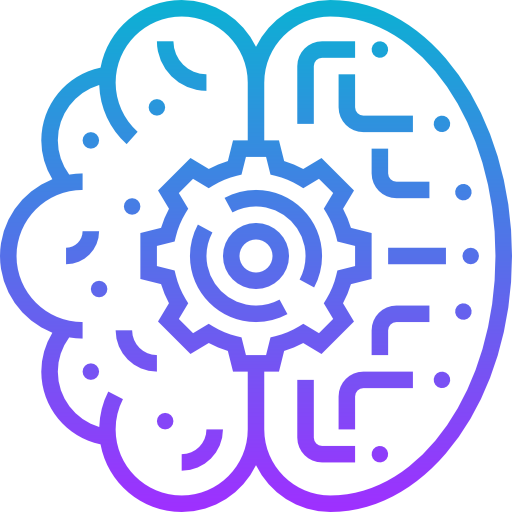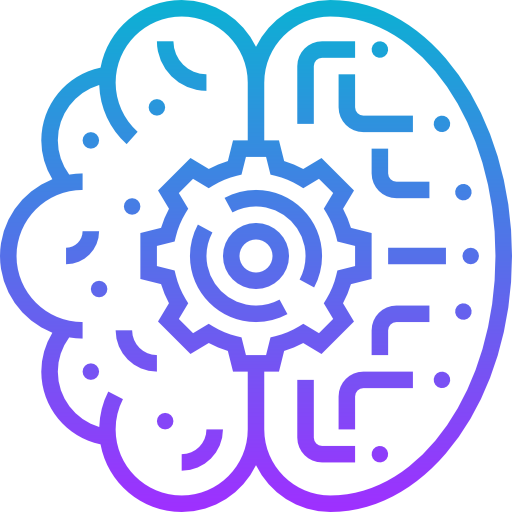AI Hype or Hope? Insights from a Doctor, Developer, and Everyday User
Is the AI Trend Worth It? A Doctor, Developer, and Tech User's Perspective
Table of Content
AI has officially taken over the conversation in 2024. It’s plastered on every ad, embedded into every app, and discussed in boardrooms as the next "must-have." But is AI really living up to the hype, or are we just riding another trend train like we did with blockchain and crypto?
If you're wondering where the real progress is—especially in industries like healthcare, e-learning, and ERP systems—this article might hit close to home.
Let’s break down the AI trend, its parallels with the blockchain craze, and why certain sectors seem stuck in a time warp despite all the tech buzz.
The AI Hype: What’s Driving It?
Artificial Intelligence is booming. We have AI tools generating artwork, diagnosing medical conditions, answering customer queries, and even programming code. OpenAI, Google, and Microsoft are sprinting ahead, releasing AI-integrated products that promise "a smarter future."

This progress is real—at least in some areas. AI excels in tasks that involve large datasets, pattern recognition, and automation.
The excitement around AI isn't unwarranted. But, the question is: How much of this is revolutionary for everyday industries?
Is AI the New Blockchain Craze?
A few years ago, blockchain and crypto were all the rage. Promises of "decentralization," "trustless systems," and "financial freedom" flooded the market. Investors poured billions into blockchain startups.
Some thrived, but many delivered nothing beyond hype and hollow promises.
Remember the ICO scams? NFTs promising digital goldmines?
AI could be walking a similar tightrope. While AI genuinely improves some workflows and creates efficiencies, there’s a danger of over-promising and under-delivering. Companies slap "AI-powered" on their products for marketing purposes without offering tangible improvements.
We’re seeing AI startups secure huge investments despite having questionable business models. Sound familiar?
For investors: Be cautious. Not every AI product is a game-changer. Do your homework, and don't get swayed by buzzwords.

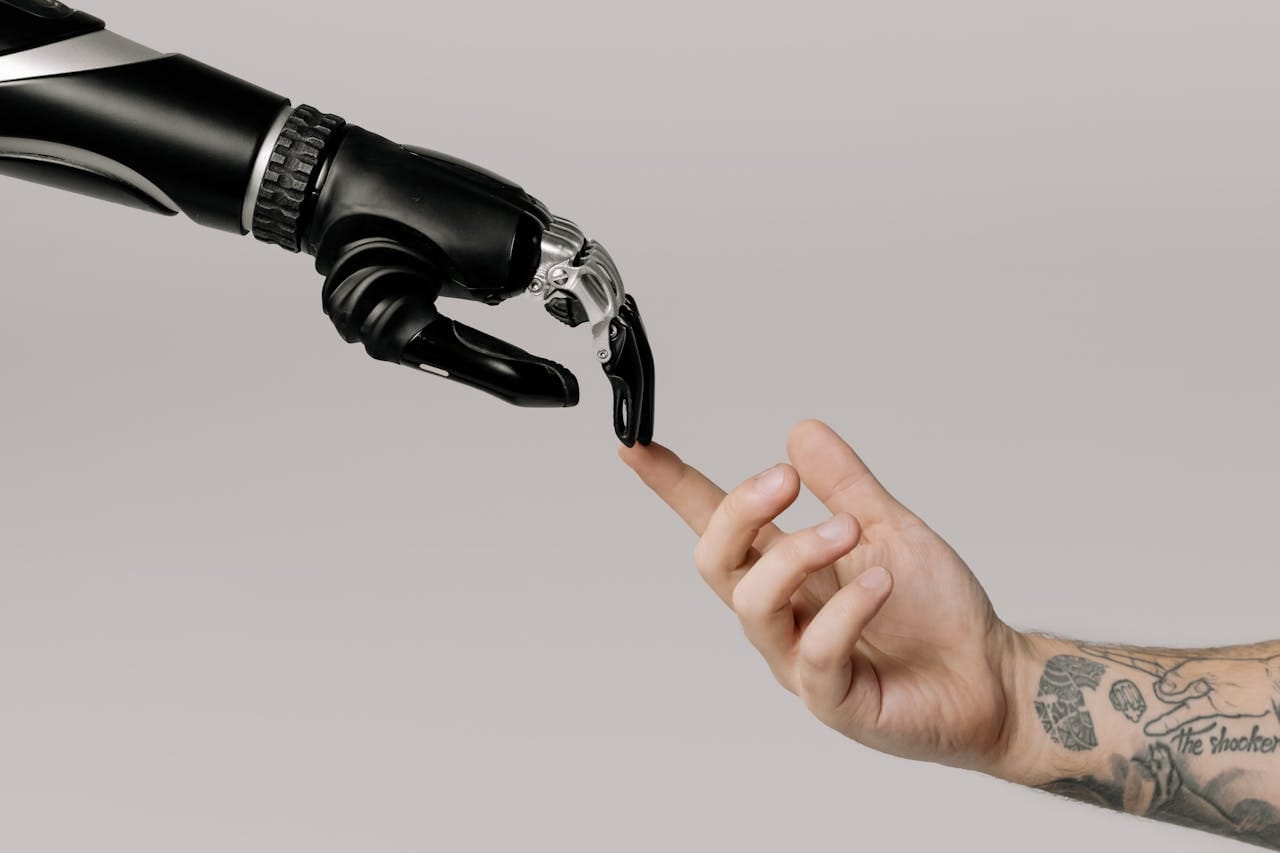
What Does This Mean for Healthcare?
As a doctor and developer, I see a massive gap between AI potential and practical healthcare solutions. AI is great at diagnostics (e.g., detecting cancer in scans), but electronic health records (EHR) and hospital management systems? They’re stuck in the early 2000s.

Many healthcare tools remain clunky, slow, and outdated. Adding AI to these systems without fixing fundamental usability and data management issues is like putting a Ferrari engine in a rusty old sedan. The vehicle just isn’t ready to support that kind of power.
Trending Question: Will AI revolutionize healthcare?
Answer: Yes—but not until we improve basic healthcare IT infrastructure. Without solid foundations, AI is just a fancy add-on, not a true solution.

E-Learning and ERP: Frozen in Time
Let’s talk about e-learning platforms and ERP systems. Despite the hype of AI-driven personalized learning or smart business automation, these systems have barely changed in a decade.
- E-learning platforms still rely on static course modules and quizzes. The UX is often outdated, and AI "personalization" tends to be superficial.
- ERP systems, especially open-source ones, haven’t seen significant usability upgrades for years. Inventory management, billing, and HR modules feel stuck in 2010.
Why? Because AI can't fix poor design. These industries need fundamental improvements before AI can make a real impact.
Trending Question: Why haven’t ERP systems improved significantly?
Answer: Lack of investment, outdated codebases, and resistance to change. Many businesses use ERP systems because they "work well enough," but that’s no excuse for stagnation.

The Lack of Basic Progress
As a developer, I often wonder: Why are we chasing AI improvements when basic apps lack essential updates? The hype around AI makes it easy to forget the everyday tools that need attention. We’re pushing for AI chatbots while ignoring customer support platforms that crash regularly.
We’re chasing AI-powered diagnostics while nurses still wrestle with 20-year-old EHR interfaces.
It’s not about dismissing AI—it’s about priorities. We need practical, reliable apps before we layer on AI. Otherwise, we’re just putting lipstick on a pig.
Final Thoughts: AI is Worth It, But…
AI is more than just a trend. Unlike blockchain hype, AI is already delivering real value. But for industries like healthcare, e-learning, and ERP, the promise of AI won’t materialize until we fix the basics.
If you’re a developer, doctor, or business owner, invest in solid foundations first. AI can wait.
Key Takeaway
AI is powerful, but don’t get lost in the hype. Demand progress in the tools you use daily—because without it, AI is just a flashy distraction.
Related Questions:
- Will AI replace doctors?
Answer: No. AI will assist doctors, not replace them. Human expertise and empathy are irreplaceable. - Is investing in AI startups risky?
Answer: Yes. Like the blockchain era, many AI startups are speculative. Research thoroughly before investing. - Why is healthcare tech so outdated?
Answer: Bureaucracy, legacy systems, and lack of funding slow innovation.
If you’ve been frustrated with slow-moving tech in your industry, share your thoughts below. Let’s talk about the progress we actually need.


